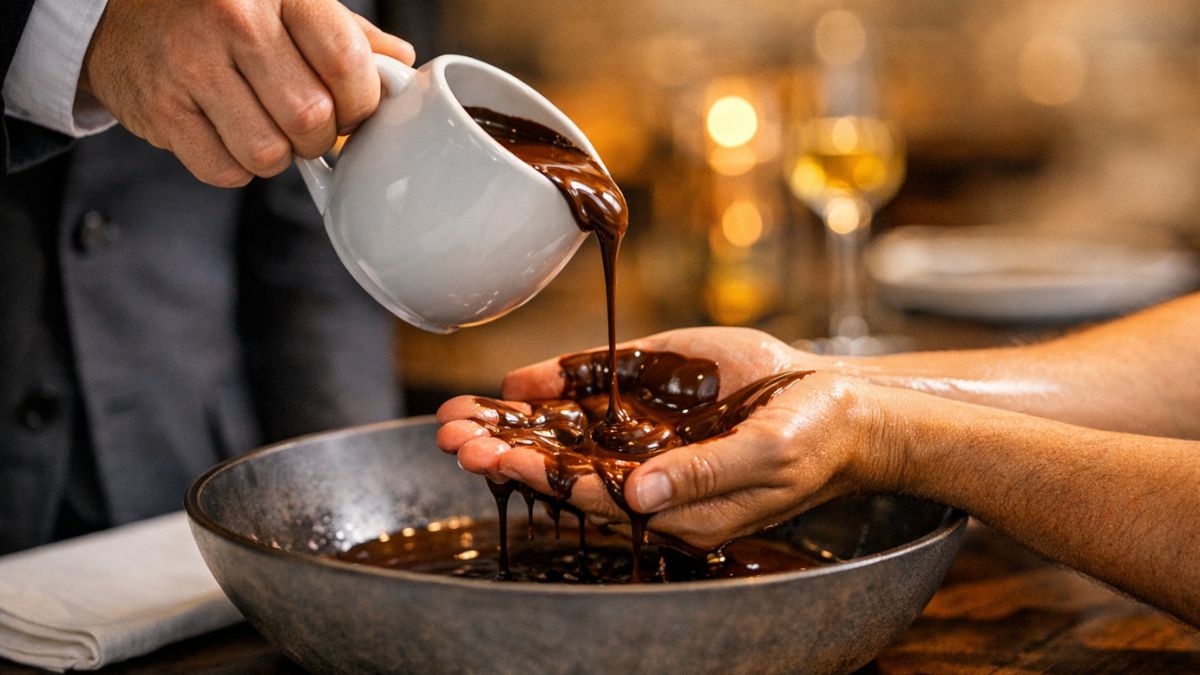Staying hydrated is one of the simplest ways to support good health, but have you ever considered how the container for your water might be affecting your well-being? From the gym to your bedside table, water bottles are a daily essential, but not all are created equal. Dr Manan Vora, a well-known orthopaedic surgeon and health advocate, recently shared an Instagram post ranking common household water bottles. His tier list went viral for good reason- it's practical, informative, and eye-opening. Let's take a closer look at the types of water bottles most of us use, ranked from best to worst.
Also Read: 8 Most Hydrating Drinks Besides Water
Which Water Bottle Is Best To Use Every Day:
1. Steel Bottle: The Best
Stainless steel bottles are durable, non-reactive, and free from harmful chemicals like BPA or phthalates. Whether you're filling them with chilled water or hot tea, they maintain temperature brilliantly and don't leach toxins over time. The doctor calls it a great (in fact, best) choice.
- Pros: Extremely durable, no toxins or odours, Insulated variants keep liquids hot or cold for hours
- Cons: Slightly heavier than plastic, can be pricier upfront
- Verdict: If you're investing in your health and the planet, a good-quality steel bottle is the gold standard.
2. Glass Bottle: Good Choice
Glass bottles offer pure-tasting water without the risk of chemical leaching. They're sleek, reusable, and completely recyclable. What's not to love? Well, their fragility for one. Drop a glass bottle on a tile floor and you'll be mopping up shards and water alike.
- Pros: No chemical leaching, No aftertaste, Fully recyclable
- Cons: Fragile, can be heavy
- Verdict: Ideal for home or desk use. Just keep it away from little hands or slippery situations.
3. Copper Bottle: Traditional But No For All-Time Drinking
Ayurveda lovers swear by copper bottles for their supposed immunity-boosting and anti-inflammatory benefits. Storing water in a copper bottle overnight is believed to infuse it with health-supporting ions. However, it's not the best choice for constant sipping or acidic drinks, as it can become reactive.
- Pros: Believed to improve immunity, Aesthetic and cultural appeal
- Cons: Not ideal for all-day use, requires careful cleaning to avoid oxidation. Here are some tips to clean copper bottles.
- Verdict: Use occasionally and correctly. Great for morning rituals, not so much for all-day hydration.

Copper bottles have been used in households for a long time.
4. Sipper Bottle: Convenient but Questionable
Those workout-friendly bottles with pop-up nozzles may be great in the gym, but they're breeding grounds for bacteria if not cleaned thoroughly and often. That handy nozzle? It's a hidden party zone for germs.
- Pros: Easy to drink from while on the move, Lightweight
- Cons: Difficult to clean properly, Bacteria build-up risk
- Verdict: Use for workouts, but scrub it regularly and replace it when it starts smelling off.
Also Read: 7 Best Detox Water Recipes
5. Reused Plastic Bottles - Avoid It
Old Bisleri or mineral water bottles might seem like a thrifty hydration hack, but over time, they degrade and release microplastics and potentially harmful chemicals into your water. These single-use plastics were never designed for repeated use.
- Pros: Readily available
- Cons: Releases microplastics over time, not designed for repeated use, Environmental hazard
- Verdict: Just don't. Invest in something safer and longer-lasting.
Your water bottle might seem like a small part of your day, but the material it's made from plays a big role in your health and sustainability footprint. Want a simple swap with major benefits? Choose steel or glass.
About Neha GroverLove for reading roused her writing instincts. Neha is guilty of having a deep-set fixation with anything caffeinated. When she is not pouring out her nest of thoughts onto the screen, you can see her reading while sipping on coffee.














